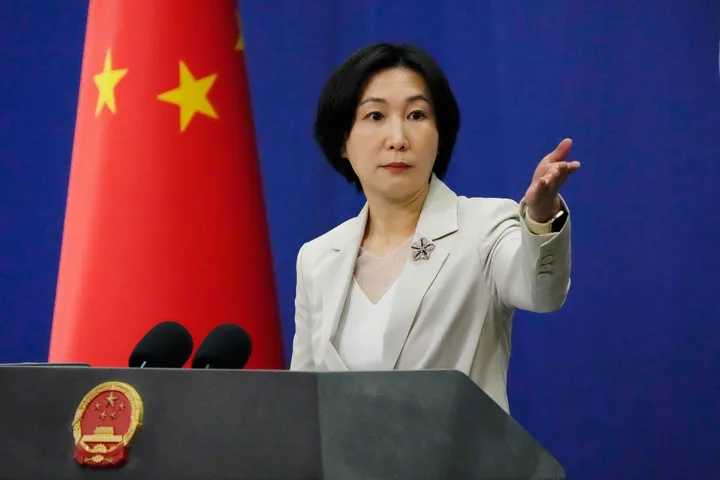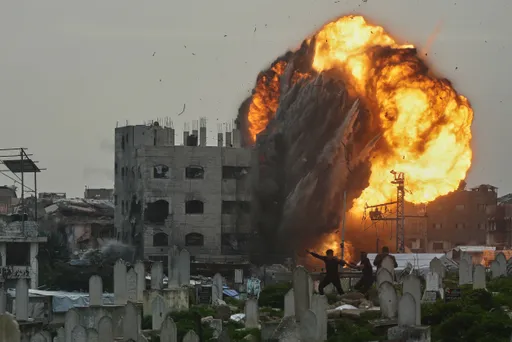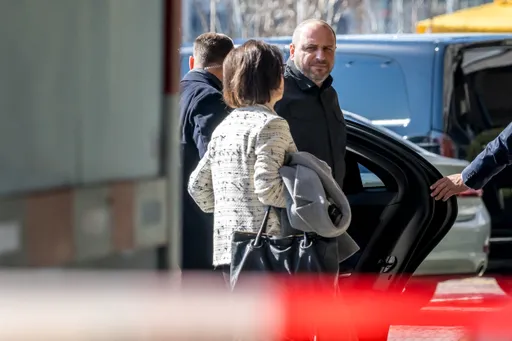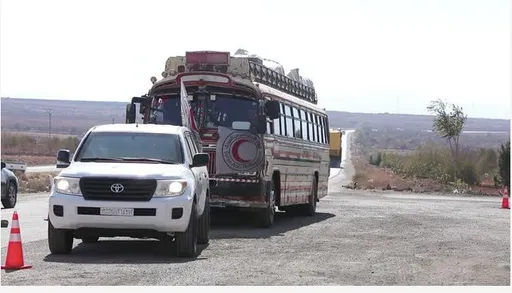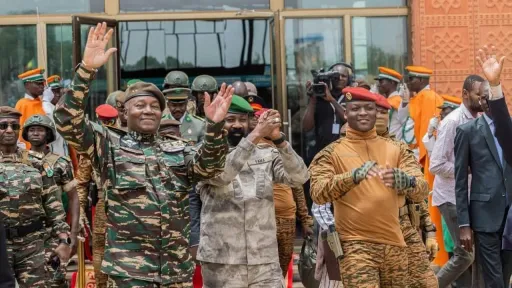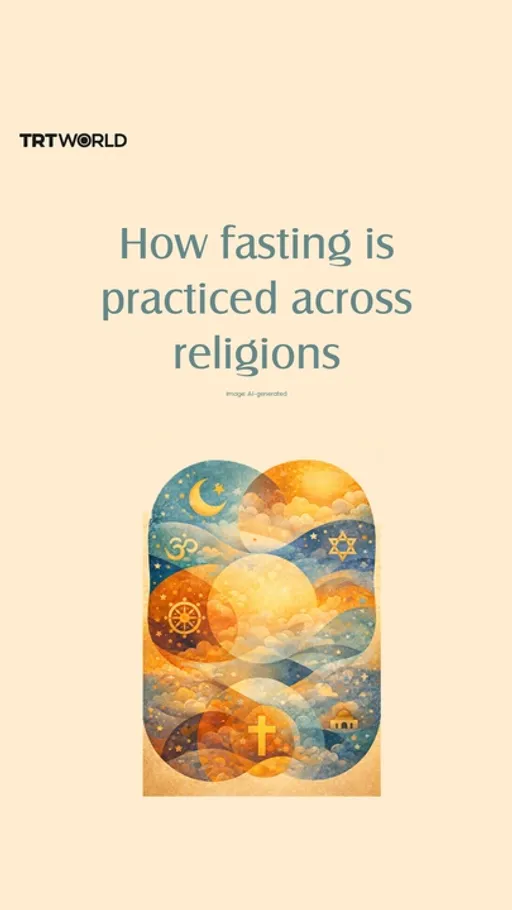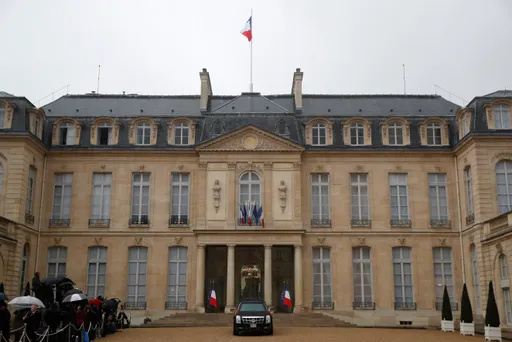The thorny issue of how much money wealthy countries are willing to pay to protect the world's remaining biodiversity took centre stage at UN talks in Montreal to create a "peace pact with nature."
At stake is the future of the planet and whether humanity can roll back habitat destruction, pollution, and the climate crisis, which are driving the sixth mass extinction of plant and animal species.
Negotiators worked late into the night on Tuesday, but "the atmosphere deteriorated when the group started discussing concepts, in particular the global biodiversity fund (GBF) proposal," said UN spokesperson David Ainsworth, leading to a walkout by developing nations.
The GBF is a new financial instrument sought by low-income nations to help them, for example, establish marine or terrestrial protected areas and implement biodiversity action plans.
A long pause in technical talks on various items was resolved after China, the chair, held an hours-long meeting of the heads of delegations on Wednesday, though the finance issue isn't yet settled.
"Our territories are home to most of the biological diversity of the world," said Brazil's statement, adding that existing financing mechanisms were not up to the task.
Brazil, which also spoke on behalf of some other developing countries, including the African Group, added that the new fund should provide $100 billion yearly, or one percent of global GDP, until 2030.
Financial flows from the Global North to South for biodiversity are currently estimated at around $10 billion annually.
Wealthy nations say they would rather reform existing financial mechanisms and leverage more private-sector funding.
READ MORE: Indigenous people seek stronger land rights at Montreal nature summit
'Have you no shame?'
Speaking at a press conference organised by the non-profit Avaaz, Hollywood actor and activist James Cromwell singled out French President Emmanuel Macron, in particular, for opting to visit Qatar to watch the World Cup semi-final instead of coming to the COP.
"It's tragic that it takes an actor to come up here to talk about issues," he said. "Have you no shame?"
The deterioration in dialogue came on the eve of the high-level phase of negotiations involving the environment ministers of the 196 members at the Montreal summit, called COP15, which began on December 7 and is set to run to December 19.
The talks have more than 20 targets, including a cornerstone pledge to protect 30 percent of the world's land and seas by 2030, eliminating harmful fishing and agriculture subsidies, tackling invasive species and reducing pesticides.
Science shows that time is running out.
An estimated million species are threatened with extinction, a third of the world's landmass is degraded, comprising soil productivity, while pollution and the climate crisis are destroying marine ecosystems.
Beyond the moral implications, there is the question of self-interest: $44 trillion of economic value generation — more than half the world's total GDP — is dependent on nature and its services.
But the summit has failed to garner the same level of attention as a UN climate summit held in Egypt in November, which brought together more than a hundred world leaders.
The meeting is being held in Canada but chaired by China, which declined to host because of its strict Covid rules.
The only world leader in attendance is Canada's Prime Minister Justin Trudeau.
READ MORE:Activists dressed as birds and trees seek robust deal at Montreal summit


